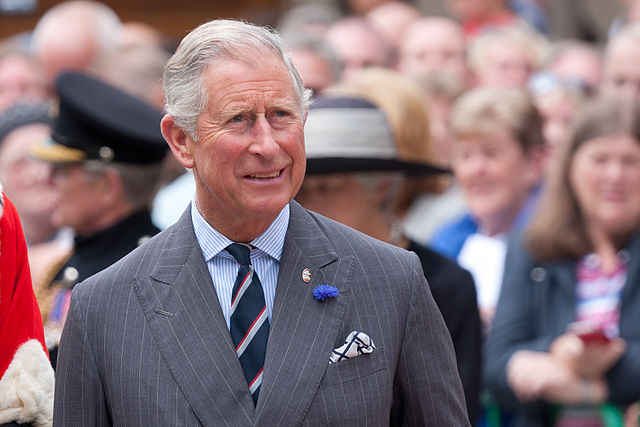
King Charles was warmly welcomed by members of the UK’s Sudanese community to commemorate the 20th anniversary of the genocide in Darfur. The 74-year-old monarch received a
traditional rousing welcome from the men and women, who cheered and exclaimed "marhaba" and "zugruta" as he stepped out in London. He was invited to meet community representatives by Amouna Adam, who survived the conflict and was invited to Buckingham Palace in January to mark Holocaust Memorial Day.
Ms Adam, a member of the persecuted Fur tribe who lost 150 members of her extended family before fleeing to the UK in 2009, expressed how heartened she was that the King had responded so quickly to her request and wanted to listen to their stories. She shared that she was surprised the King came when she invited him, and that she was grateful for his visit.
Despite experiencing road traffic chaos caused by strikes in London, King Charles arrived to meet the Sudanese community representatives an hour late. He apologized for the delay, saying, "I am so sorry for keeping you waiting. We got repeatedly stuck and had to come all the way around!" He spent an hour moving from table to table, which were laden with home-made donuts and items with relevance to their home country, talking to every single person present.
King Charles was keen to listen to the problems and stories of the Sudanese refugees in the UK. He spoke to a mother of two, Khadudja, and praised her courage in transitioning to life in the UK. He also asked her how she managed to speak to her family back home, expressing empathy towards the mental health problems that many Sudanese refugees experience.
Khadudja shared that there have been a lot of problems specifically for women in terms of violence and rape. She lost family members in the conflict and expressed how difficult it was leaving her country. She believes that in life, there are ups and downs, and it takes a lot of adjustment. She was grateful for the opportunity to speak with the King and share her experiences, expressing that his visit meant a lot to her.
During his visit, King Charles was shown photographs, drawings, and objects brought from Sudan. He watched Sudanese women as they decorated pieces of fabric to create a giant toub, which is a traditional Sudanese dress. The activity was part of an empowerment and peace-building project that aims to bring the UK’s Sudanese community together as a visual representation of unity and solidarity.
In summary, King Charles’ visit to meet with members of the UK’s Sudanese community was well received. He was warmly welcomed and listened to the problems and stories of the Sudanese refugees. The King’s visit showed solidarity and empathy towards those who have experienced the conflict in Darfur, and it gave the Sudanese community a platform to share their experiences and concerns. Photo by Dan Marsh, Wikimedia commons.


































